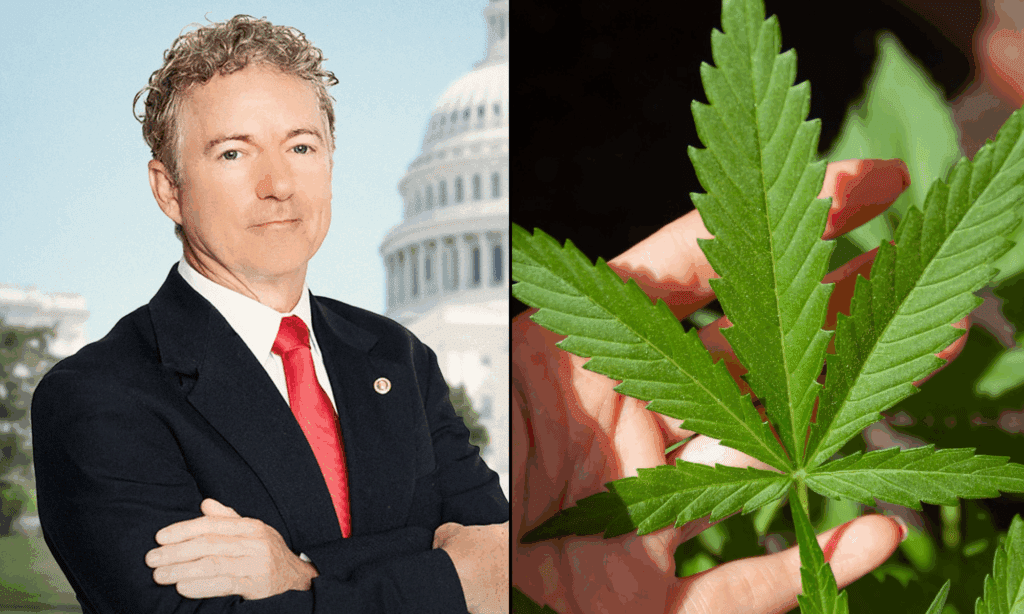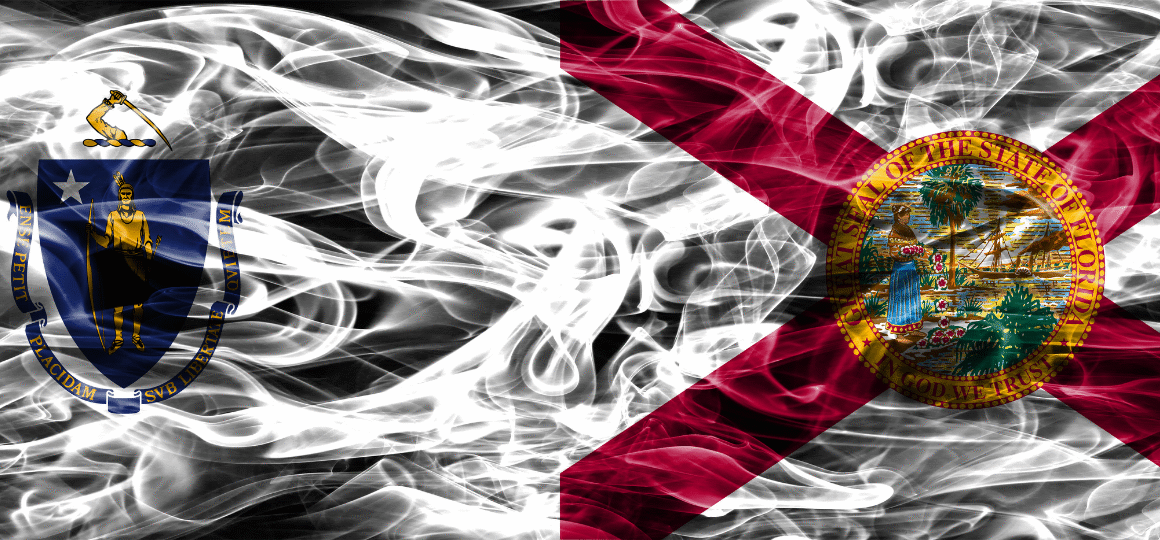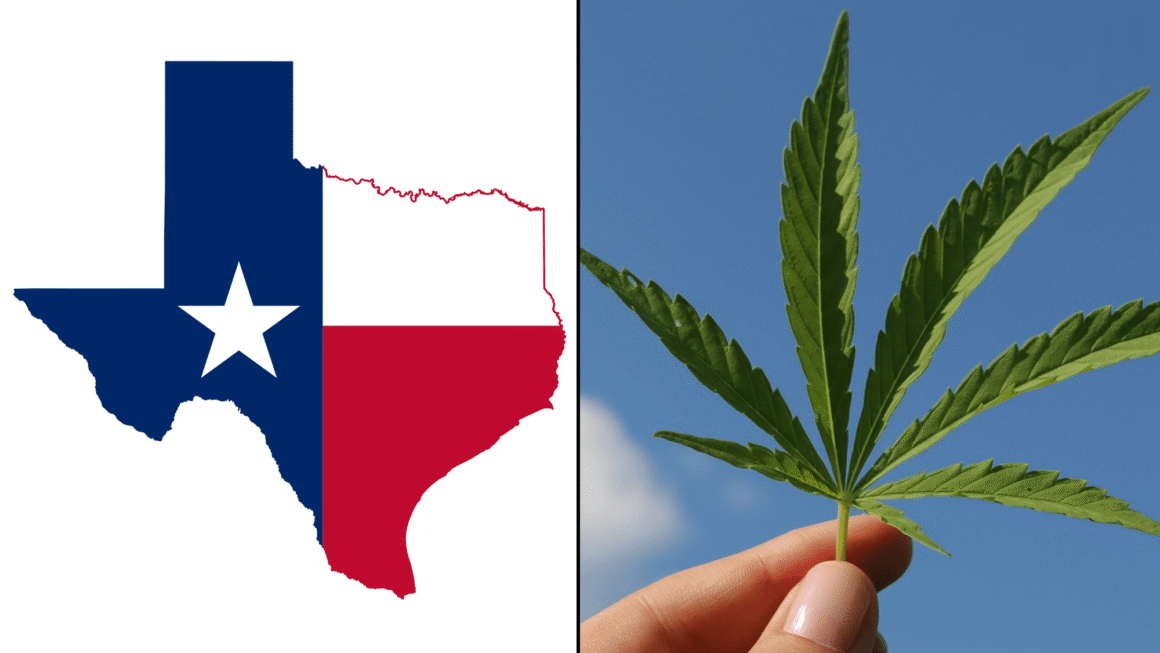The intersection between cannabis prohibitionism and police brutality
It’s 7 pm on a Friday, and I’ve been walking home for the past half hour or so. I’m on the homestretch, and I can see my favourite fast food joint in the distance.
I ran in the morning, cleaned the house, and stopped by a friend’s place to check on them. If anyone deserves a bucket of fries and half a chicken, I do.
I’m lost in my thoughts, walking with my head down, hands in my pockets, Diary-of-a-Wimpy-Kid style. I don’t notice the cops standing ahead of me until they’re right in front of me.
I see six well-polished boots, and I look up to see three Administration Police officers, their fingers trained on their AK-47s.
I stop.
Well, technically, they stop me.
“Where are you coming from, young man?”
“I’m just taking a walk.”
“Where from?”
“The hospital.”
“Mhhm. You have a doctor’s note or something?”
“I wasn’t sick, just strolling.”
“And where are you going now?”
“Home.”
“Where?”
“Just behind the university.”
“Hmmm. ID?”
While he studies my ID, another looks me up and down:
“Look at his hair. He probably has weed on him.”
They all laugh.
“Well, do you?” he asks, putting my ID card in his back pocket.
I pause. Because, you see, I do have weed on me. Not much, but a lot more than I could stash in my socks.
In my shirt pocket, there’s a zip loc bag filled to the brim with craft Durban Poison flower and some organic RAW smoking papers. I’m still deliberating on what to say when Cop 2 chimes in again:
“You need to be honest, ‘cause we can just search you ourselves if you want.”
I don’t want that. It’s happy hour, and we’re on a busy street with college students streaming by in droves. And Kenyan cops have a knack for being rough, so I’m worried they’ll throw me to the ground and rip my pants as they forcefully search me.
I decide to heed my mother’s advice to always be honest.
“Yes, officer, I do have some weed on me.”
“Knew it! How much?”
“Not much, just a couple grams.”
“And why are you walking around with it? Are you a seller?”
“No, sir, I just got some to smoke over the weekend.”
The other cops, amused by my forthrightness, chuckle silently.
“What did you say?”
“I’m not a seller, sir.”
“Mhhm. So what do we do about this? You know that’s against the law, right?”
“Yes, sir.”
“Right.”
I know what he’s getting at, but I also know that attempting to bribe an officer is against the law, and breaking two laws at once is never a good idea. I decide to wait for him to bring it up himself.
“You know we can bring you in for this, right?”
I know they can’t, because they’re patrolling on foot and wouldn’t have a vehicle to put me in.
“Yes, sir, I know,” I say, “but is that really necessary? It’s just a couple of grams.”
“You’re right. That’s why I asked if you’re a seller, ‘cause that’s who we’re more interested in. If you had more than what you do, we’d have to bring you in.”
I nod silently, and say nothing. Breaking eye contact, he offers:
“We can probably work this out, though. How much do you have there?”
I dig into my fanny pack and pull out a crisp thousand shilling note. A happy gleam dances across his eyes, and I know that that will suffice.
“Very nice,” he says, pocketing the cash.
“And just like that,” he grins to his colleagues, “the universe has bought us dinner.”
He gives me my ID back, and I thank them for letting me slide.
As I walk away, I say a quick, silent prayer. My heart is in my stomach, and it takes time for my breath to return to normal.
I don’t care about fries or chicken anymore, which is good, ‘cause these damned guys just took all the money I had left. Fortunately, as my mother used to say, “There’s food at home,” and as I walk on, I’m happy this encounter didn’t turn all the way left.
Criminalized for a Plant
Before I started smoking weed, I’d pass cops in the street without a care in the world. I was as square as they come, and there was no reason to worry. There wasn’t a chance in hell that my world and theirs would ever collide.
Then, on my 19th birthday, I discovered the herb, and I’ve been a criminal ever since.
You see, cannabis is illegal in Kenya. (I know, right? So 1963.)
We inherited some pretty strict prohibition laws from the Brits, and to date, no legislator has been able to overturn them. Sure, some have tried, but here we are, still hiding pre-rolls in our socks.
We inherited the ‘reefer madness’ marketing too—well, at least our parents’ generation did, which probably explains why we’re so reluctant to decriminalize it.
So here I am, walking around on high alert for the police, they on high alert for me. They’re the enforcers of these anti-cannabis laws, and they will sniff out that 3.5-gram bag like their livelihoods depend on it.
And that’s because it does.
Instead of curtailing pickpockets and thieves, they patrol the Central Business District for folks who fit the profile. You know the stereotype: baggy pants, long locs, Rastafarian colours, cannabis leaf branding.

Policing, Profiling, and Extortion
They go around looking for anyone who looks like they might have some weed on them, and they arrest them. And before we start applauding their bravery, it’s not because they’re trying to create this happy, drug-free utopia.
It doesn’t take long for them to let you know that they will let you go at a ‘reasonable’ price. And because you caught them in a good mood, they’ll even let you keep your Durban Poison!
Sometimes, though, you encounter the devil’s spawn, and they will go to all lengths to squeeze that money out of you. If you don’t comply, they’ll throw you in the back of a squad car and drive around, looking for other people that fit the profile.
You’ll end up in a pissy cell at a station 30 kilometers away from where they arrested you. And you better hope it’s not a Friday night, ‘cause then you’ll be in there all weekend.
Afraid and desperate, many are happy to pay whatever it takes to keep the cuffs from coming on. That’s what the cops count on.
Pay up, they tell you, and it won’t go farther than here.
While I am a loc’d gentleman who does wear baggy pants, I’ve been able to walk away from such instances unscathed. Sometimes, I do so by leaving the kind officer a ‘tip’ for their great detective work.
Other times, I stop them before they stop me, and ask them for directions. This works often.
But many people aren’t as lucky.
For some, this random stop-and-search quickly escalates from a frustrating inconvenience to a fateful incident. We have our fair share of trigger-happy and power-hungry police officers here, quick to escalate even the most minor encounters.
Give such cops reasonable cause (aka “I smelled marijuana”) and you have the ingredients for a potent and delicious dish of disaster.
Cannabis is the pretext that these corrupt police officers use to establish contact before they can extort you for bribes. And if you fail to comply or genuinely have no money to give, you meet brute force.
Research from the United States finds that decriminalization and legalization reduce cannabis arrests and lower the rate of drug-search activity by police, which in turn reduces routine police-civilian contacts that can escalate into violence
If cannabis became legal in Kenya today, police officers would have absolutely no reason to stop me. Sure, they could claim to be searching for weapons, but they wouldn’t find anything but 3.5 grams of weed and some mint.
The war against cannabis in Kenya targets young people, mostly from lower-income neighbourhoods. As we know, a crime whose punishment is a fine, or in this case, a bribe, is only a crime for the poor.
So, in the pretext of curtailing the use of marijuana, police officers, an armed class of citizens, unfairly profile, harass, and extort young Kenyans who are already struggling financially.
The Real Cost of Prohibition
Civil-society monitoring shows the victims of deadly police encounters are overwhelmingly young; one summary of Kenyan monitoring data reported that the majority of those killed were youth (a Missing Voices summary put that share at about 79 percent). If we decriminalized cannabis, we would remove one of the common pretexts for these encounters.
On 9th June, 2025, during a confrontation in London Estate, Nakuru, a man identified in local reporting as Daniel Nderitu was shot and killed. Local outlets reported that multiple police officers were detained and arraigned after the incident, and the Independent Policing Oversight Authority identified a particular officer as the one who fired the fatal shot.
Some family witnesses said he was shot twice; a post-mortem report quoted in local media said he died from a single gunshot wound to the chest. The ODPP later recommended murder charges against the officer.
When I write about and agitate for the decriminalization of cannabis, it’s because of instances such as this. A man trying his best to provide for his young family shouldn’t lose his life because of $50 worth of pre-rolls.
I don’t want weed to become legal so that quality and prices can be standardized, even though that would be a welcome improvement. I want cannabis to be decriminalized so that innocent youth like me and Daniel can cease to be criminals in the eyes of the law.
This article is from an external, unpaid contributor. It does not represent High Times’ reporting and has not been edited for content or accuracy.





